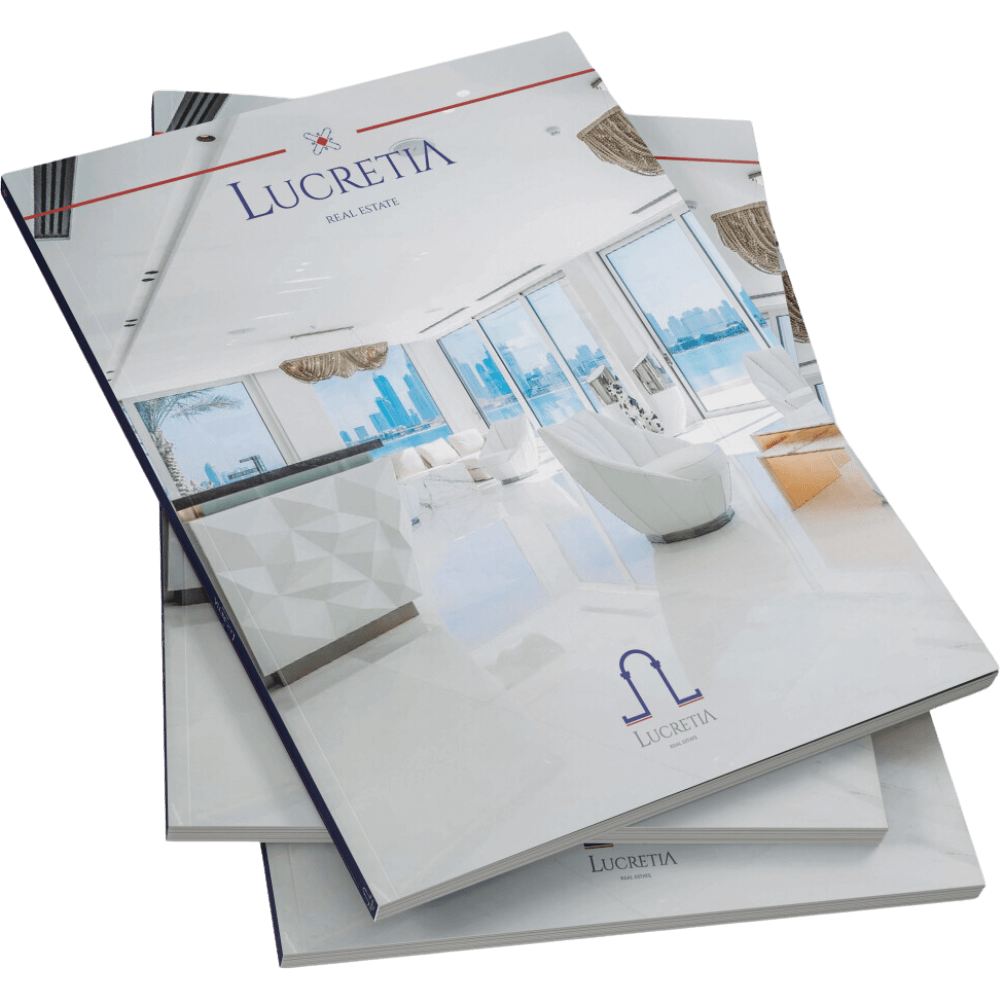Are you interested in buying a property in the famous city of Dubai? Attracted by the development and tourist appeal of this destination, many people want to set up business in this emirate. You’ll be pleased to know that Dubai is one of the most favourable locations for foreign investors, thanks to the various reforms and regulations introduced in recent years.
This article is your complete guide to buying property as a non-resident. You’ll find all the practical advice you need, as well as the steps to follow for a successful purchase.
Choosing the type of property to buy
Dubai offers a wide range of property types, from flats and luxury villas to offices and commercial premises. It is therefore essential to determine your needs and objectives before making your choice. To do this, take a close look at criteria such as:
- The property’s location
- The quality of the accommodation and facilities
- The amenities and services available in the surrounding area
- Potential return on rental investment
Once you’ve listed your requirements, all that’s left to do is get to know Dubai’s neighbourhoods and their special features, so you can make the wisest choice.
Understanding the rules governing property purchases
To clarify the procedures for acquiring property in the emirate, it is important to understand some of the legislation in force. These include
Nationality and residence
Unlike other countries where foreigners cannot buy property, in Dubai, non-residents are able to buy property. Since 2002, a major reform has allowed foreigners to invest in specific sectors known as “freehold areas”.
This means that, depending on your nationality, you can either acquire full ownership of a property (Freehold) or benefit from a temporary right of usufruct over it (Leasehold). So be sure to check the type of land and its location before committing yourself.
Taxation
Foreign investors buying property in Dubai are subject to property taxes. However, these taxes are relatively low compared with those applied in other countries. These taxes include
- Property tax: This varies according to the price of the property, the property rights and the number of years remaining on the contract.
- Stamp duty: This is based on the value of the property and must be paid by the buyer when registering with the Dubai Land Department (DLD).
Be sure to take these costs into account when planning your property purchase budget.
Finding finance for your property purchase
Banks in Dubai offer mortgages suitable for non-residents, provided certain conditions are met. Interest rates are generally competitive, but you will need to submit the following documents to complete your application:
- A copy of your passport
- Your income and proof of financial standing
- A valuation report on the property to be financed
- Future development plans for the area in which the property is located, if available.
Once you’ve found the finance you need, you can go on to choose the property and formalise your offer to purchase.
Follow the buying steps to finalise the transaction
To buy a property in Dubai as a non-resident, you need to follow certain essential steps in order to complete the transaction:
- Negotiate the price: Make an offer to purchase in agreement with the seller and set a date for completion of the transaction.
- Draw up a preliminary contract: This document, signed by the buyer and seller, sets out the general terms and conditions of the sale. In particular, this contract contains information about ownership, price and payment terms.
- Make a deposit: An amount of between 10% and 20% of the sale price is generally required to confirm the buyer’s intention to purchase. This deposit may or may not be refundable, depending on the various agreements between the parties.
- Carry out an inspection: Although it is not compulsory in Dubai, you can call in a certified surveyor to inspect the property before signing the final sales contract.
- Check the validity of the required documents: Check that all the necessary papers and certificates are in order (building permit, compliance with safety standards, etc.).
- Sign the deed of sale: Representing the legal agreement between you and the seller, this deed must be drawn up before a notary and signed by both parties. It will then be used to register your new property with the DLD.
In conclusion, buying a property in Dubai for a non-resident is a fairly simple and quick process. Nevertheless, you need to be well prepared and follow the various stages closely to ensure that everything runs smoothly and complies with the laws in force. Good luck with your investment in Dubai!

